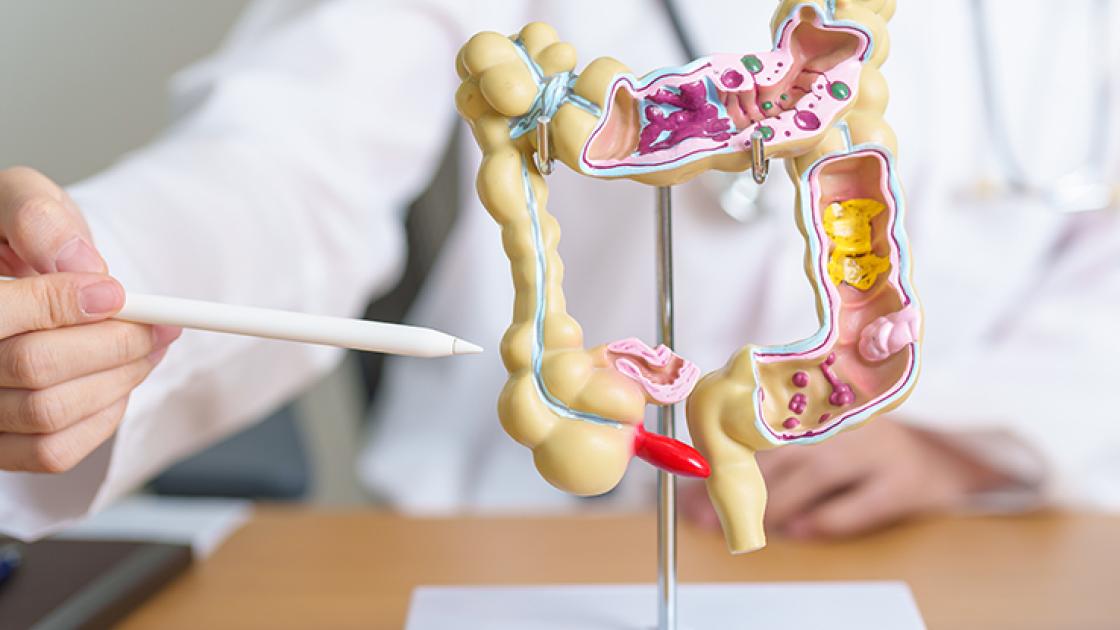
Navigating love with ADHD
Love is a beautiful but complex journey that requires patience, communication and understanding. When one or both partners have adult ADHD, navigating relationships can come with unique challenges—but with the right tools and mindset, it can also deepen connection and intimacy.
What is adult ADHD?
Adult attention-deficit/hyperactivity disorder affects mental health by causing hyperactivity, inattention, impulsive behaviors, restlessness and anxiety. These symptoms can create unique challenges in personal relationships, often leading to misunderstandings and frustration.
In a relationship, a partner with ADHD may frequently zone out during conversations or forget dates, birthdays and other important events. In emotionally charged moments, they might react impulsively or struggle with emotional regulation, sometimes leading to conflict. It’s easy to see how these patterns can create relationship difficulties.
The first step to improving the relationship is acknowledging that ADHD is a factor and a challenge for both of you to overcome to build a more satisfying partnership.
ADHD in a relationship
A partner with ADHD may feel like they can’t do anything right—constantly criticized, micromanaged or nagged. Despite their best intentions, they struggle to meet expectations, leading to frustration and self-doubt.
On the other hand, the non-ADHD partner often feels like they have to be the responsible one, managing household tasks, schedules and logistics alone.
"Living with a partner who has ADHD is like being in a constant dance where the rhythms keep changing,” said SIU Family Medicine nurse practitioner Airn Etherton, FNP-BC. “What's crucial for couples to understand is that neither partner is at fault. Both are navigating a shared challenge that requires patience, understanding and consistent, compassionate communication."
First steps
Managing ADHD in a relationship takes effort, but success is possible. Both partners must acknowledge ADHD's presence and take ownership of how it influences behavior and feelings.
The first step is ensuring ADHD is properly managed. Treatment may include medication, Cognitive Behavioral Therapy (CBT) and lifestyle strategies such as stress management, adequate sleep, structured routines and technology tools to improve focus and organization.
ADHD relationship tips
Understanding how ADHD affects your relationship can help you approach challenges with greater empathy. Here are some practical strategies for strengthening your connection:
- Learn about ADHD. The more you both understand ADHD, the better you can recognize when symptoms contribute to relationship struggles.
- Recognize the impact of your behavior. If you have ADHD, consider how your symptoms affect your partner. If you don’t, be mindful of how criticism or frustration might affect your partner with ADHD, impacting their confidence and well-being.
- Separate the person from the symptoms. ADHD-related behaviors are not character flaws. Frustrations often stem from the condition, not from a lack of care or effort.
- Develop organizational systems together. Use shared calendars, phone reminders, automated bill payments and to-do lists to help stay on top of responsibilities.
- Schedule regular check-ins. Set aside time each week to discuss what’s working, what’s not and how you can support each other.
Managing ADHD as a couple isn’t always easy, but you don’t have to do it alone. Our medication management, mental and behavioral health and family medicine teams are here to help you manage ADHD in your relationship.
You might also like:
Understanding ADHD: Signs, symptoms and treatments



